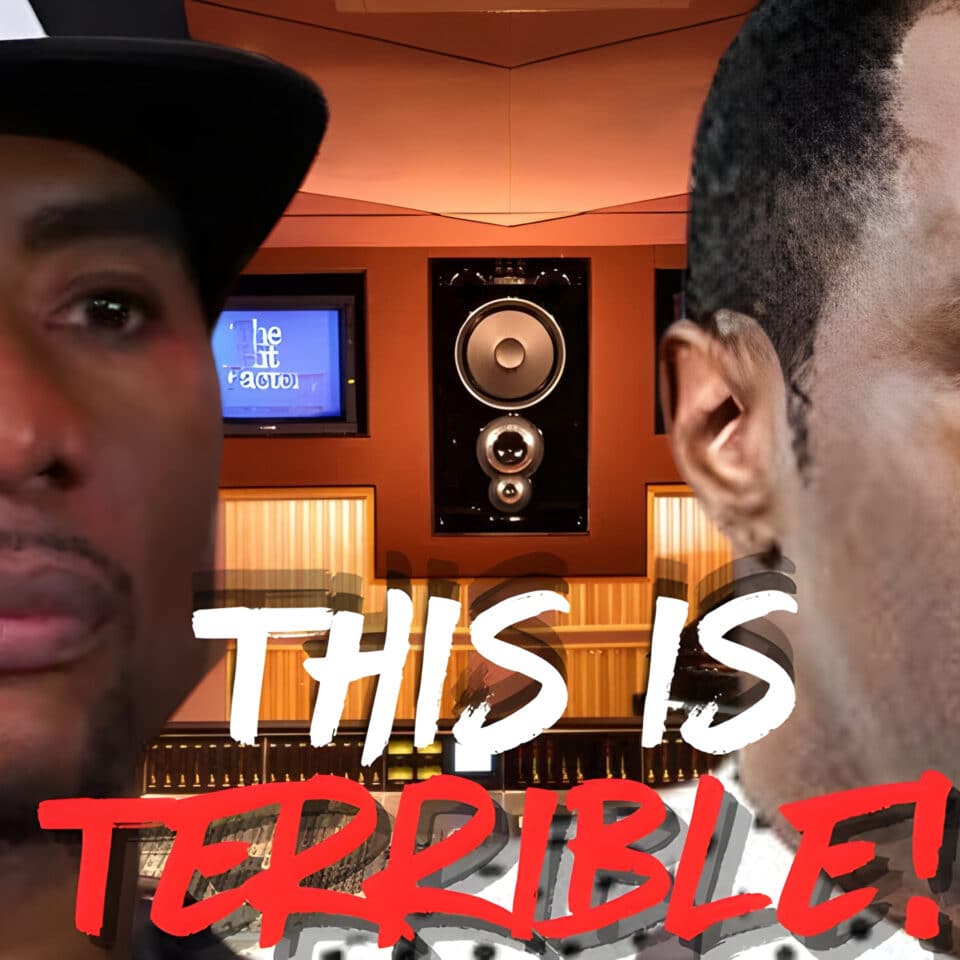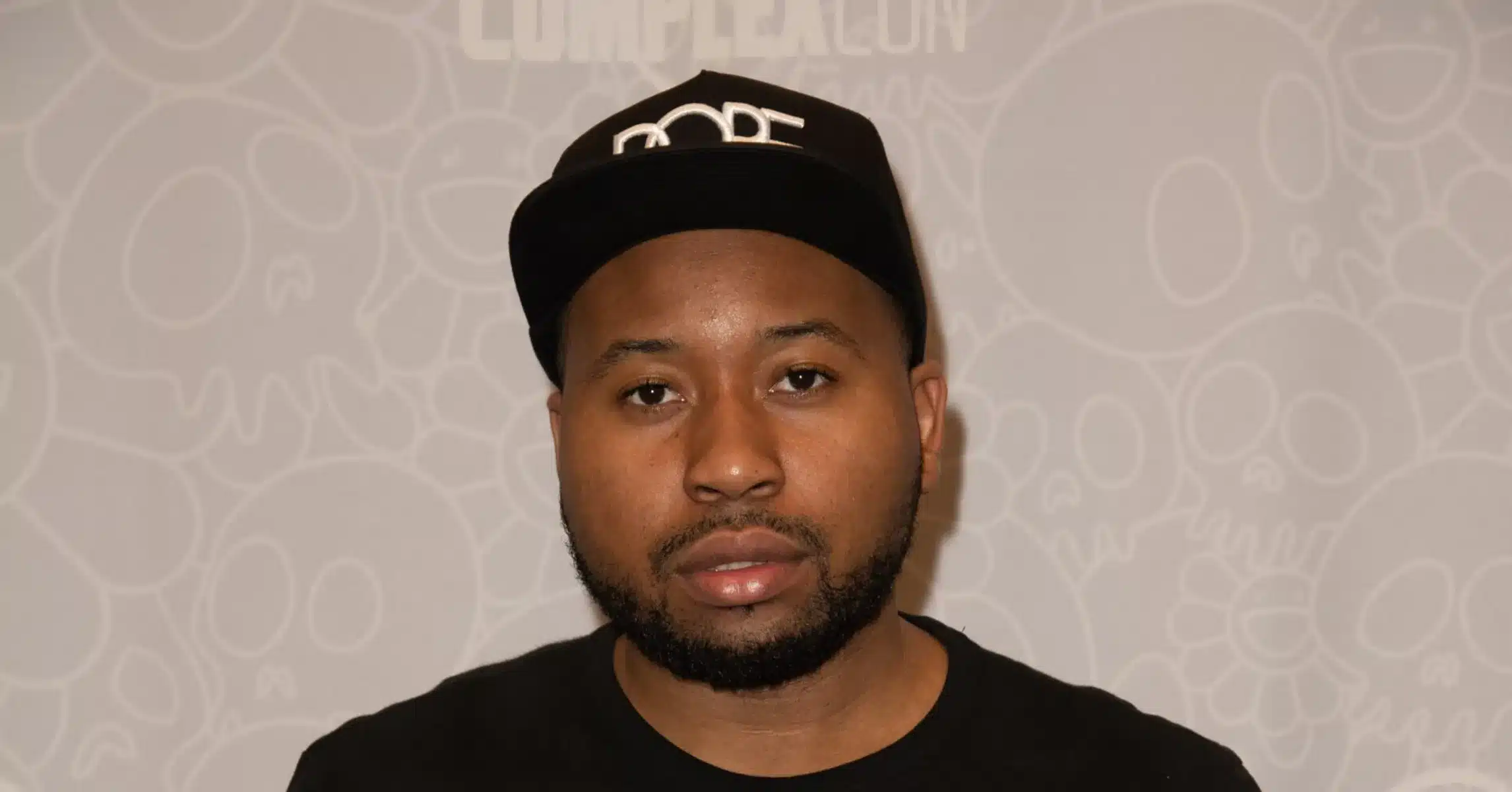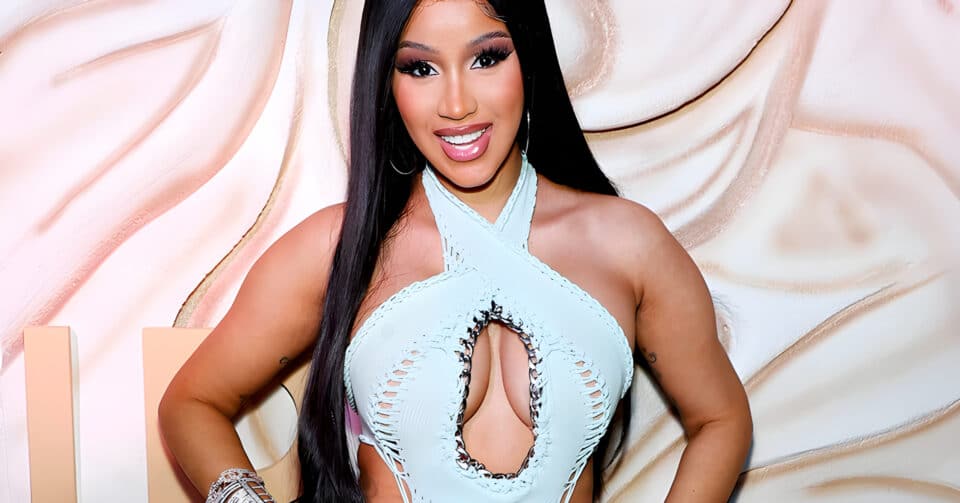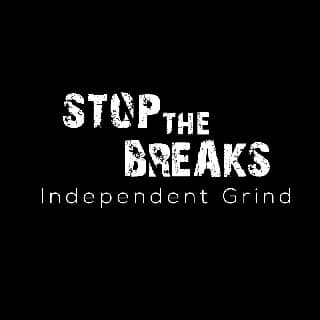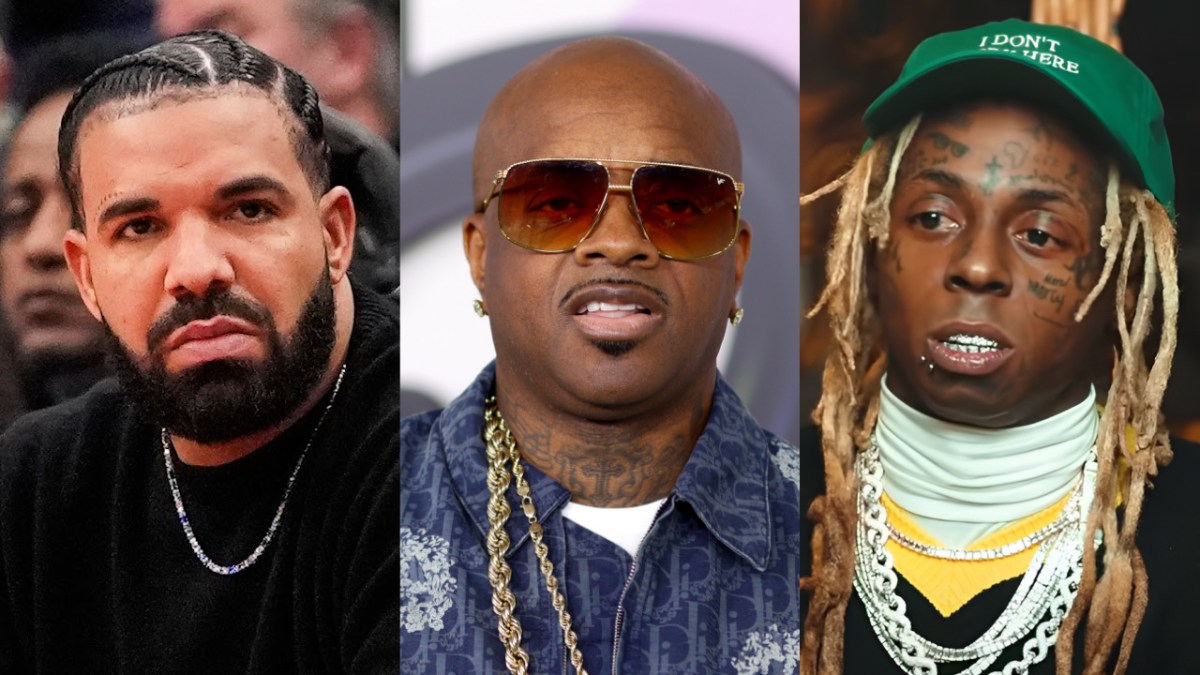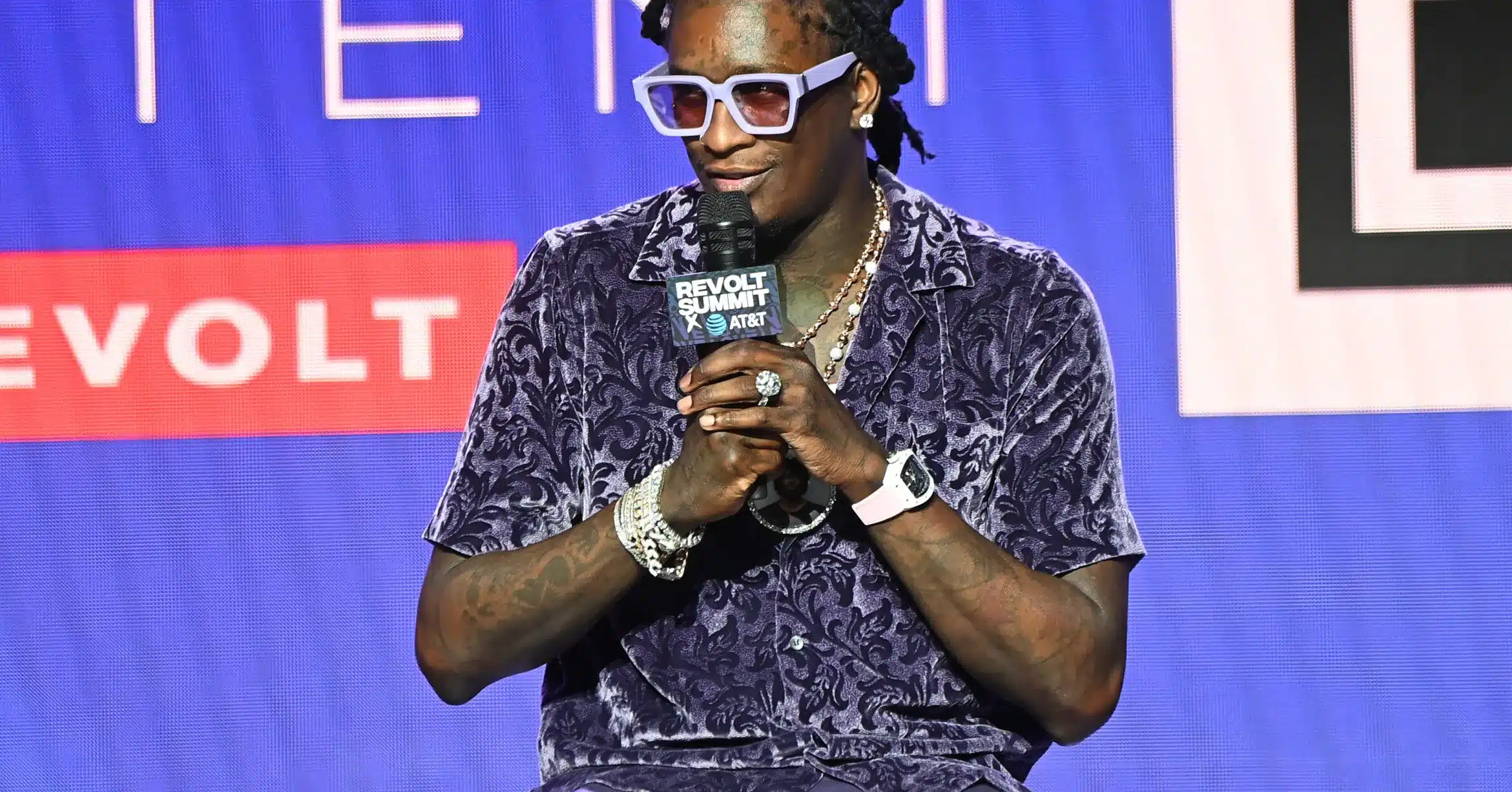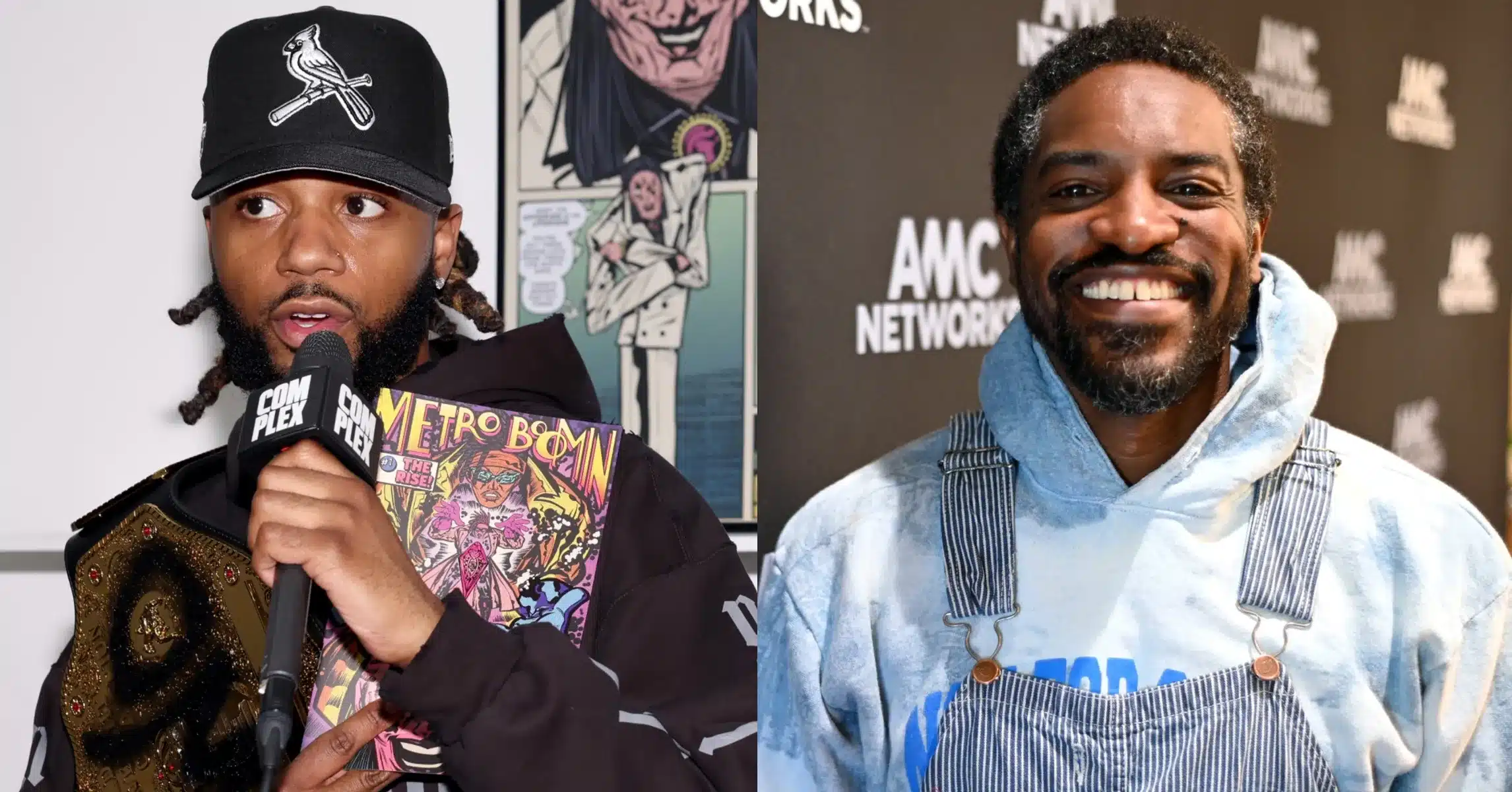Charlamagne is clearly feeling the heat over the recent allegations and lawsuits against Diddy, as it seems like everyone is turning their backs on the music mogul. But while some are quick to judge, there’s a lot to unpack here.
Detroit, Michigan, is gearing up for the spring cookout, set for April 24th through the 26th. Expect comedy shows, classes, networking, and, of course, some great cooking. So, don’t miss out and grab your tickets now!
Back to the main topic: Charlamagne unleashed his thoughts, visibly upset over recent events involving Diddy. What’s got everyone talking is how the internet might be fueling this frenzy. People watching YouTube videos, buying into conspiracy theories, and making anonymous tips have possibly led to this chaotic situation. Charlamagne admits, ‘I wonder if the internet plays into this type of [ __ ]… This is crazy, bro.’
Charlamagne’s concern isn’t just the allegations but the broader impact of these events on people’s legacies. He says it’s not just about Diddy but other big names too, like Russell Simmons and Bill Cosby: ‘You hate seeing people burn their legacies to the ground, especially when it’s allegedly self-inflicted.’
When discussing the emotional rollercoaster these scandals trigger, he compared it to finding out someone like Megan Thee Stallion was involved in something similar: ‘That wouldn’t hurt your feelings? … You have mixed emotions after that whole Cassie thing.’ It’s a complex situation, mingling disappointment with the influence these figures have had on the culture.
Furthermore, Charlamagne is clear about his stance on the victims: ‘I 100% have compassion for it all.’ He recognizes the seriousness of the accusations but also questions the validity of some information, reminding us that legally, things aren’t always black and white.
Another voice in the conversation pointed out Diddy’s lasting impact despite the controversy. ‘Diddy will never be the same… but that doesn’t mean he will no longer be a millionaire and live comfortably.’ It’s a nod to the complicated legacies of such influential figures.
Addressing the media’s role in shaping public perception, one guest argued, ‘The media is driving this… People jumping on social media, throwing things out there, smearing a man publicly, and the perception being destroyed.’ They also criticized the judicial processes influenced by social media: ‘You should really have some real concrete evidence before kicking somebody’s door in.’
The discussion wrapped up with a nod to the power of the media and a warning to consumers to stay discerning about their sources of information. It’s a reminder that while the media can shape perceptions, critical thinking is crucial.
Charlamagne and his guests provided a thought-provoking look at Diddy’s current situation, encapsulating the challenges of navigating public perception, media influence, and the legal landscape in high-profile cases. The discussion underscores the importance of evidence and the complex emotional responses tied to cultural icons facing allegations.
